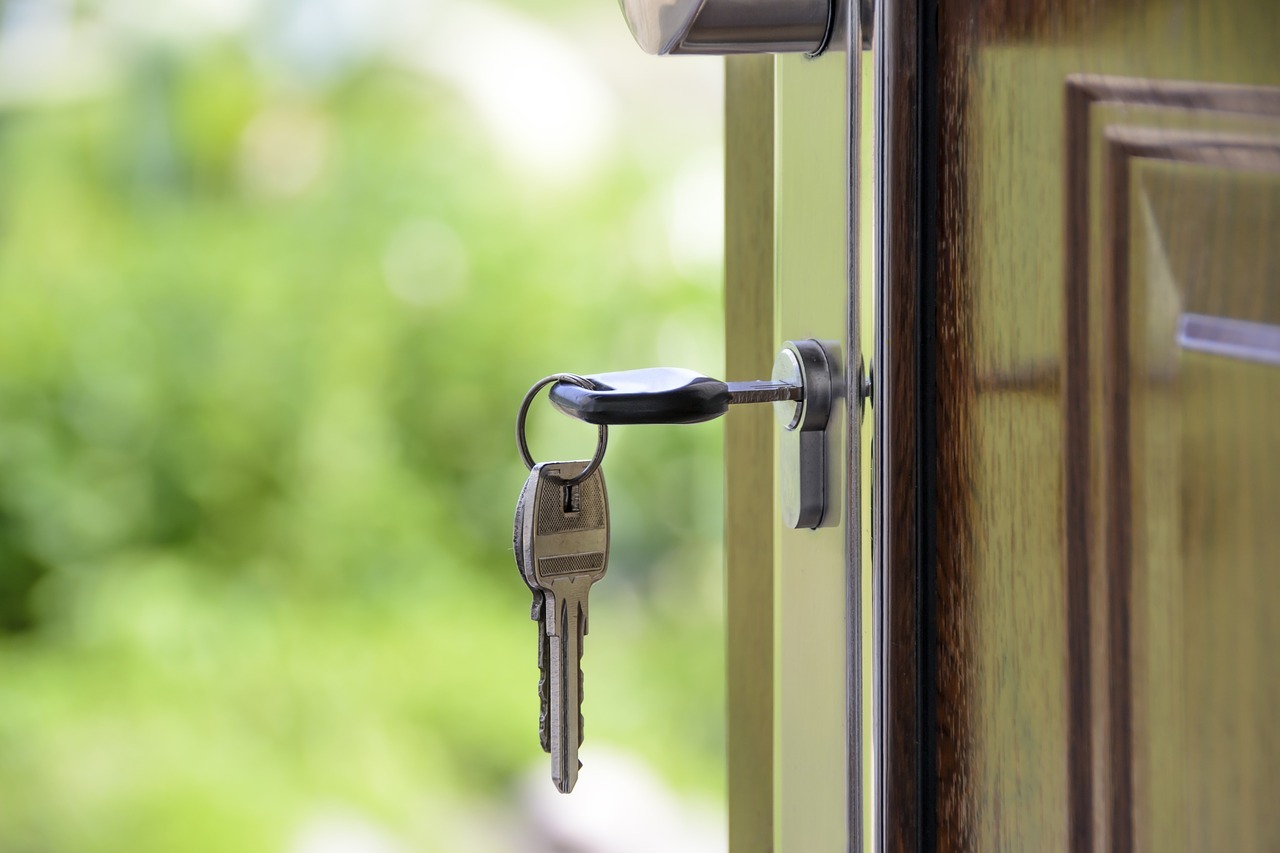Follow Our Sellers Checklist To Stay Safe While Selling Your Home


Staying organized while uprooting your life and moving from one home to another can feel impossible. Not only are you trying to get the best financial return on your investment, but you might also be working on a tight deadline. There’s also the pressure to keep your home clean and organized at all times for prospective buyers. However, one thing you can be sure of when selling your home is that there will be strangers entering your space, so it’s important for you and your agent to take certain safety precautions. Like so many things in life, they can feel more manageable once written down, so we made this handy checklist.
- Go through your medicine cabinets and remove all prescription medications.
- Remove or lock up precious belongings and personal information. You will want to store your jewelry, family heirlooms, and personal/financial information in a secure location to keep them from getting misplaced or stolen.
- Remove family photos. We recommend removing your family photos during the staging process so potential buyers can see themselves living in the home. It’s also a good way to protect your privacy.
- Check your windows and doors for secure closings before and after showings. If someone is looking to get back into your home following a showing or an open house, they will look for weak locks or they might unlock a window or door.
- Consider extra security measures such as an alarm system or other monitoring tools like cameras.
- Don’t show your own home! If someone you don’t know walks up to your home asking for a showing, don’t let them in. You want to have an agent present to show your home at all times. Agents should have screening precautions to keep you and them safe from potential danger.
Talk to your agent about the following safety precautions:
- Do a walk-through with your agent to make sure you have identified everything that needs to be removed or secured, such as medications, belongings, and photos.
- Go over your agent’s screening process:
- Phone screening prior to showing the home
- Process for identifying and qualifying buyers for showings
- Their personal safety during showings and open houses
- Lockboxes to secure your keys for showings should be up to date. Electronic lockboxes actually track who has had access to your home.
- Work with your agent on an open house checklist:
- Do they collect contact information of everyone entering the home?
- Do they work with a partner to ensure their personal safety?
- Go through your home’s entrances and exits and share important household information so your agent can advise how to secure your property while it’s on the market.
How to Get Started in Real Estate Investing


Investing in real estate is one of the world’s most venerable pathways to building wealth. When properly managed, income from renting or real estate investment trusts can provide you with the financial security to plan out the rest of your life. The conclusion is easy to envision, but knowing where to begin can be overwhelming, particularly for anyone who has never previously owned a home.
At Windermere our goal is always to improve and support our communities, so we’ve put together a few key things to keep in mind as you enter the world of real estate investment.
Know the right type of investment for you

Investing in real estate needn’t commit you to being a landlord. A Real Estate Investment Trust (REIT) is a low-maintenance way to get involved in real estate with next to none of the day-to-day monitoring required of direct property management. REITs are trusts that typically own multiple properties, and investors may purchase shares within the REIT. Typically, as the value of the property rises, so too do the values of your shares. If you’d like to dip a toe into real estate investing before diving in fully, a REIT is a great place to start.
Start with your own home

Owning the roof over your head is a basic step towards investing success. Even better, when you plan to live in the home you’re buying (rather than renting it out), you will likely benefit from lower mortgage rates and a cheaper down payment. The reasoning is straightforward – lenders see a loan to people purchasing the home they live in as an investment in people highly committed to the property.
Once you’ve owned your own house for a few years, you can look to purchase a new home to move into. By purchasing the new home with the intent to move in, you’ll be eligible to receive more favorable financing once again. After you’ve secured your new home, your first home is primed to be transformed into a rental property, and you can continue to see a return on your investment. If you’re seeking further support with buying a first, second, or third home, our website and our agents are full of information.
Cast a wide net

The best investment opportunity isn’t always going to be right underneath your nose. While there are logistical benefits to focusing locally with your investment, you may miss more profitable opportunities in another burgeoning market. Real estate is a long game, and patience tends to be rewarded. There’s no cause to rush a decision of this magnitude, so investigating other states and regions to find the property that best fits your situation is a process worth considering.
 Facebook
Facebook
 X
X
 Pinterest
Pinterest
 Copy Link
Copy Link